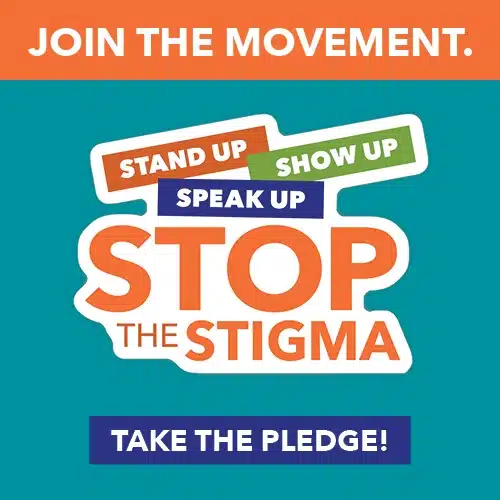October is National Bullying Prevention Month—a crucial time to shine a spotlight on the serious impact bullying can have on children’s mental and emotional health. Bullying is more than just teasing or name-calling; it’s a deliberate, repeated act intended to cause harm or intimidation.

Children who are bullied often experience anxiety, depression, low self-esteem, and academic challenges. As parents and caregivers, it’s essential to equip ourselves with the tools and strategies to support children through these difficult experiences and help prevent long-term consequences.
Understanding the Different Types of Bullying
Before you can effectively help your child, it’s important to understand the various types of bullying:
- Physical Bullying: Involves harming a child’s body or possessions (e.g., hitting, pushing, damaging belongings).
- Verbal Bullying: Includes teasing, name-calling, or making threats.
- Social/Relational Bullying: Often subtle, this form involves excluding someone from a group, spreading rumors, or sabotaging friendships.
- Cyberbullying: Takes place online through texts, social media, or email, making it difficult for children to escape even at home.
Signs Your Child May Be Experiencing Bullying
Bullying often goes unnoticed because children might be too embarrassed, afraid, or unsure about how to talk about it. As a parent or guardian, you can look out for the following warning signs:
- Unexplained injuries or damaged belongings
- Sudden changes in eating or sleeping habits
- A drop in grades or reluctance to go to school
- Avoidance of social situations or withdrawal from friends
- Low self-esteem, increased sadness, or anxiety
How Parents Can Support a Child Being Bullied
If you discover that your child is being bullied, there are concrete steps you can take to help them cope and build resilience:
- Listen Without Judgment
When your child opens up, make sure you listen with empathy and without immediate solutions. Your first priority should be to validate their feelings and assure them that it’s not their fault. Children need to feel heard and understood before they are ready to work on solutions. - Teach Them Coping Strategies
Help your child develop strategies to respond to bullying without escalating the situation. Encourage them to stay calm, walk away, or use assertive (but non-aggressive) responses like, “I don’t like what you’re saying, and I want you to stop.” - Get the School Involved
Bullying often occurs in school settings. Contact your child’s teachers, counselor or the school administration to inform them about the situation. Advocate for a safety plan, anti-bullying policies, and, if necessary, request professional support for your child. - Monitor Online Activity
If the bullying is taking place online, keep track of your child’s digital interactions. Encourage them to block or report harmful content and save evidence, such as screenshots, to share with school authorities or law enforcement if needed.
Preventing Bullying: What Parents Can Do
While helping a child cope with bullying is essential, preventing it from happening in the first place is even more powerful. Parents and guardians can take proactive steps to foster an environment where bullying is less likely to occur:
- Encourage Open Communication
Create a home environment where children feel comfortable talking about their day—both the good and the bad. Regular conversations about friendships and school can make it easier for them to report if something feels wrong. - Teach Empathy and Respect
From a young age, teach your children the importance of empathy, kindness, and respecting differences. Encourage them to stand up for peers who are being treated unfairly and to seek help if they see bullying happening. - Establish Clear Expectations
Set clear boundaries about what kind of behavior is acceptable and what isn’t, both at home and in social settings. Reinforce that bullying is never acceptable and that everyone has a right to feel safe and valued.
Seeking Professional Help
For some children, the effects of bullying can be profound and long-lasting, leading to anxiety, depression, or even suicidal thoughts. At Oaks Integrated Care, we offer services to help children and families navigate the emotional impact of bullying. For more information, call our Access Center at 1-800-963-3377.
Let’s work together to raise awareness and take action this Bullying Prevention Month. Because every child deserves to feel safe, supported, and empowered.









